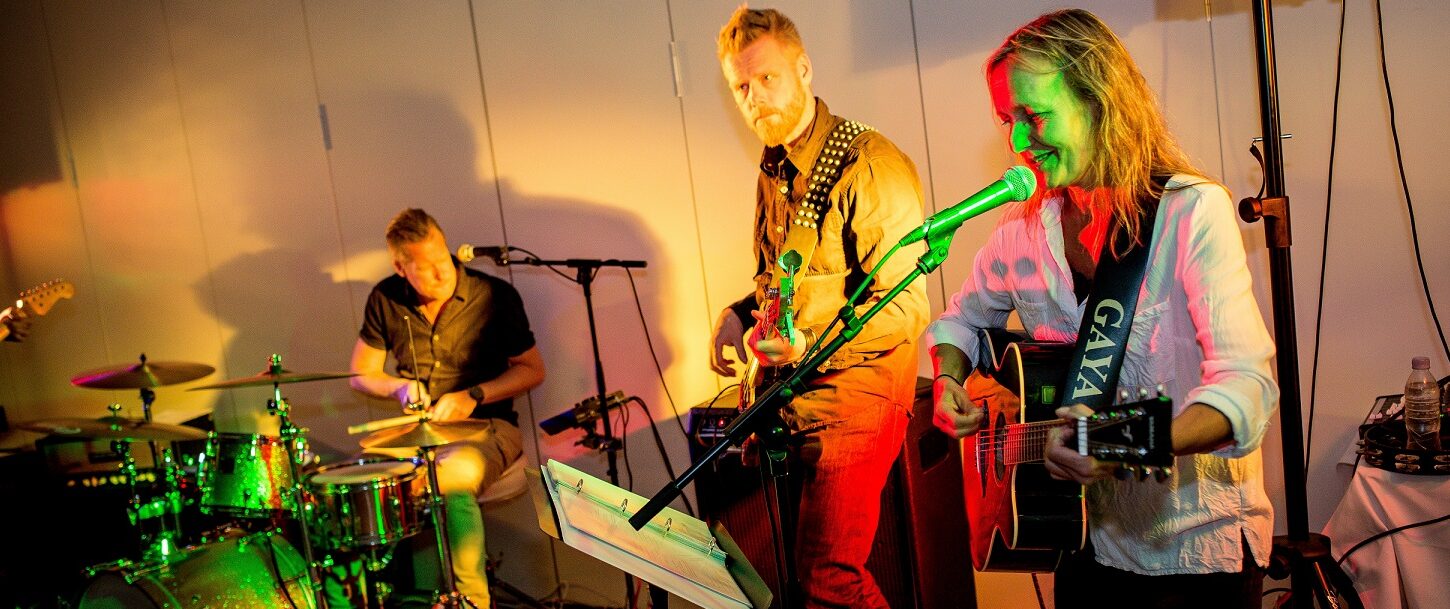Music has always been a powerful tool for social change and activism, and the city of Memphis, Tennessee, has been no exception. Throughout history, Memphis musicians have used their artistry to inspire, inform, and catalyze social movements. From the civil rights era to contemporary activism, the impact of Memphis musicians on social change has been profound. Now, we will explore the significant role played by Memphis musicians in shaping social movements, promoting equality, and advocating for justice.
The Soundtrack of the Civil Rights Movement
During the civil rights movement of the 1950s and 1960s, Memphis musicians played a pivotal role in creating a powerful soundtrack that echoed the calls for equality and justice. Artists like Sam Cooke, Otis Redding, and Nina Simone infused their music with themes of racial harmony, empowerment, and resistance against discrimination. Their songs became anthems of the movement, inspiring activists and giving voice to the struggles and aspirations of African Americans.
Memphis and the Sanitation Workers’ Strike
One of the most significant moments in Memphis’s history of activism was the 1968 sanitation workers’ strike, which became a focal point for the civil rights movement. Musicians such as Marvin Gaye and Stevie Wonder responded to the tragedy of Martin Luther King Jr.’s assassination and the plight of the striking workers by creating powerful songs that reflected the injustice and inequality faced by African Americans. Marvin Gaye’s timeless anthem “What’s Going On” and Stevie Wonder’s “Living for the City” captured the social and economic struggles experienced by marginalized communities, and their music served as a rallying cry for change.
Hip-Hop and Political Activism
In more recent years, Memphis has witnessed the rise of hip-hop artists who have utilized their platform to address social issues and advocate for change. Artists like Yo Gotti and Young Dolph have been vocal about police brutality, systemic racism, and inequality in their lyrics, using their music as a means to shed light on the challenges faced by their communities. Their activism extends beyond the music, as they engage in community outreach, philanthropy, and grassroots efforts to uplift disadvantaged neighborhoods.
The Influence of Public Enemy and the Protests Against Police Brutality
The impact of Memphis musicians on social movements can also be seen in the influence of iconic groups like Public Enemy. Known for their politically charged lyrics and activism, Public Enemy’s music resonated with communities fighting against police brutality and racial injustice. Their powerful songs, such as “Fight the Power,” became anthems for protesters advocating for change. The group’s bold and unapologetic stance against systemic oppression has inspired countless activists to challenge the status quo and demand justice.
Music as a Unifying Force
Beyond specific social movements, Memphis musicians have also used their art to foster unity and bridge divides. The city’s rich musical heritage, including genres like blues, soul, and gospel, has provided a common ground for people of different backgrounds to come together and celebrate shared experiences. Music festivals like the Memphis in May International Festival and the Beale Street Music Festival showcase the power of music to bring people together, promoting cultural understanding and appreciation.
Memphis musicians have made an indelible impact on social movements and activism throughout history. From the civil rights era to the present day, their music has served as a powerful tool for expressing the struggles, hopes, and aspirations of marginalized communities. Through their lyrics and performances, Memphis musicians have influenced public discourse, raised awareness about social issues, and inspired individuals to take action. Their music continues to be a source of inspiration and empowerment, reminding us of the power of art in creating social change. As Memphis moves forward, it is crucial to recognize and support the continued efforts of musicians who use their platforms for activism.
By amplifying their voices, advocating for equality, and addressing pressing social issues, Memphis musicians can contribute to the ongoing fight for a more just and inclusive society. Furthermore, it is essential for the community to embrace and celebrate the legacy of activism within the music scene, ensuring that future generations are aware of the transformative power of music. Through the intersection of art and activism, Memphis musicians have shown us that music has the ability to transcend boundaries, challenge oppressive systems, and bring people together in the pursuit of a better world. As we reflect on the impact of Memphis musicians on social movements and activism, let us acknowledge their contributions and be inspired to create positive change in our own communities. Together, we can continue the legacy of using music as a catalyst for social transformation and work towards a more equitable and just society.
